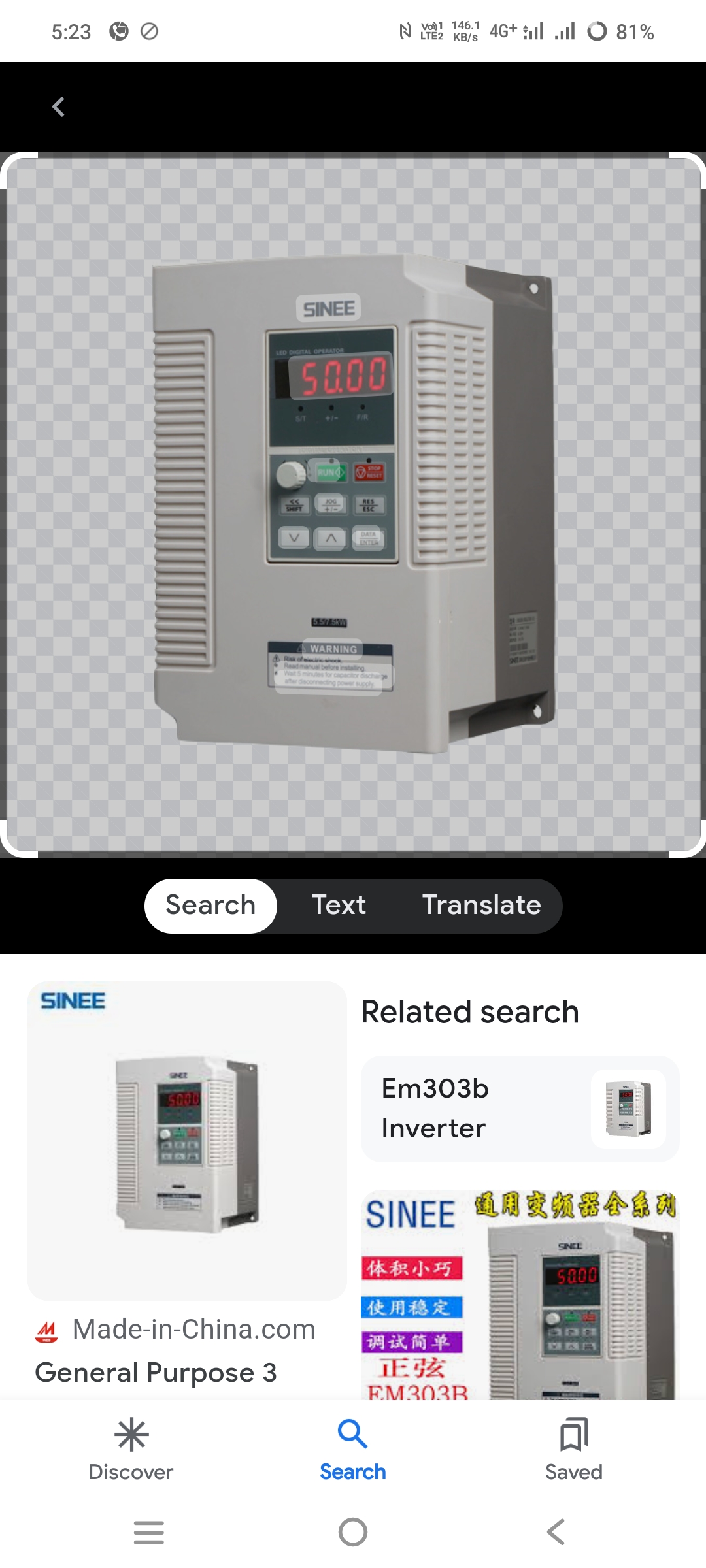Elevator Maintenance: Ensuring Smooth Vertical Mobility
Introduction:
Elevators are the lifelines of modern buildings, facilitating efficient vertical transportation for occupants and goods. To ensure their reliability, safety, and longevity, regular maintenance is essential. In this guide, we'll explore the importance of elevator maintenance, key maintenance tasks, and the benefits of proactive servicing.
1. Safety and Compliance:
Elevator maintenance is critical for ensuring the safety of passengers and compliance with regulatory standards. Regular inspections, testing, and servicing help identify and address potential safety hazards, such as faulty door mechanisms or worn-out components. By adhering to maintenance schedules and compliance requirements, building owners mitigate liability risks and ensure a safe environment for occupants.
2. Reliability and Performance:
Proactive maintenance enhances elevator reliability and performance, minimizing downtime and disruptions to building operations. Routine servicing of mechanical and electrical components, lubrication of moving parts, and adjustment of controls help prevent breakdowns and extend the lifespan of elevator systems. By keeping elevators in optimal condition, maintenance maximizes uptime and ensures smooth vertical mobility for occupants.
3. Cost Savings:
Investing in regular elevator maintenance yields long-term cost savings for building owners. By identifying and addressing minor issues before they escalate into major problems, maintenance prevents costly repairs and emergency call-outs. Additionally, well-maintained elevators operate more efficiently, reducing energy consumption and lowering operational costs over time. Ultimately, proactive maintenance protects the investment in elevator systems and optimizes their lifecycle value.
4. Enhanced User Experience:
Maintained elevators provide a superior user experience for building occupants. Smooth rides, prompt door operations, and minimal wait times enhance passenger satisfaction and comfort. Conversely, poorly maintained elevators can lead to frustration, inconvenience, and negative perceptions of building management. By prioritizing maintenance, building owners ensure a positive experience for occupants and visitors.
5. Expertise and Support:
Partnering with experienced elevator maintenance providers is key to effective servicing and support. Professional technicians possess the expertise, training, and specialized tools required to perform thorough inspections and repairs. Additionally, maintenance contracts often include 24/7 emergency support, ensuring prompt response to any elevator issues or malfunctions. By leveraging the expertise of maintenance professionals, building owners can trust that their elevators are in capable hands.
Conclusion:
Elevator maintenance is a vital aspect of building management, essential for safety, reliability, cost savings, and user satisfaction. By prioritizing proactive servicing and partnering with trusted maintenance providers, building owners ensure the smooth operation and longevity of their elevator systems. Elevator maintenance is not just a necessity; it's an investment in the seamless vertical mobility of building occupants.
